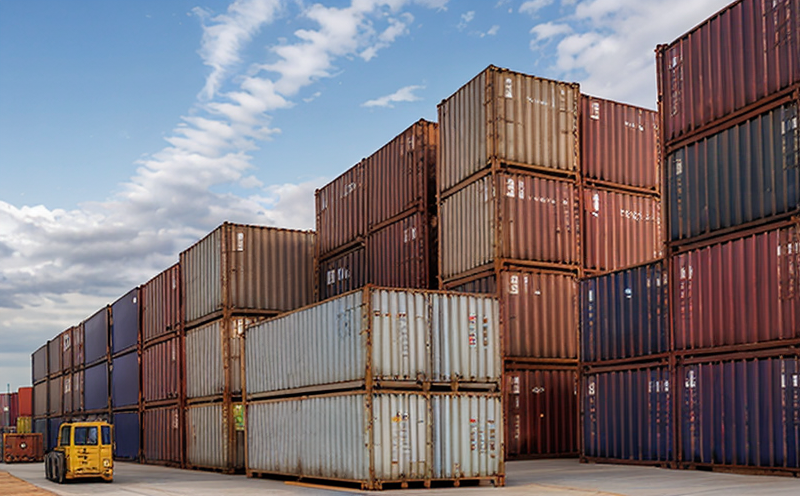Pharmaceutical Import and Export Compliance: A Comprehensive Guide
The pharmaceutical industry is a highly regulated sector that involves the importation and exportation of various medicinal products to countries worldwide. The complexity of international trade in pharmaceuticals necessitates compliance with numerous laws, regulations, and guidelines set by governments, regulatory agencies, and international organizations.
Pharmaceutical companies must adhere to strict rules and standards to ensure the safety, efficacy, and quality of their products. Failure to comply can result in severe penalties, including fines, product recalls, and even prohibition from exporting or importing medicinal products. In this article, we will delve into the intricacies of pharmaceutical import and export compliance, highlighting key regulations, best practices, and industry requirements.
Import Requirements
Product Licensing: Importers must obtain a valid license to bring pharmaceuticals into their country. This involves submitting an application to the relevant regulatory agency, which reviews the products safety, efficacy, and quality.
Submission of Documentation: Importers must provide comprehensive documentation, including:
1. Product label or packaging
2. Certificate of Analysis (CoA)
3. Certificate of Compliance (CoC)
4. Label claim and package insert
5. Marketing authorization holders information
Export Requirements
Product Registration: Exporters must ensure that their products are registered with the regulatory agency in the exporting country.
Submission of Documentation: Exporters must provide documentation, including:
1. Certificate of Good Manufacturing Practice (GMP)
2. Product label or packaging
3. CoA and CoC
4. Marketing authorization holders information
5. Proof of product registration
International Regulatory Frameworks
US FDA Regulations: The US Food and Drug Administration (FDA) enforces the Federal Food, Drug, and Cosmetic Act (FDCA), which governs the importation and exportation of pharmaceutical products to and from the United States.
21 CFR Part 210 outlines Current Good Manufacturing Practice (CGMP) for finished pharmaceuticals, while 21 CFR Part 211 addresses CGMP for active pharmaceutical ingredients (APIs).
EU Medicinal Products Regulation: The European Unions medicinal products regulation (EC) No. 726/2004 sets forth the framework for the approval and marketing of medicinal products within the EU.
The Centralised Procedure allows for the submission of a single application to the European Medicines Agency (EMA) for approval in all EU member states.
QA Section
Q: What are the consequences of non-compliance with import/export regulations?
A: Non-compliance can result in severe penalties, including fines, product recalls, and prohibition from exporting or importing medicinal products. In extreme cases, companies may face criminal prosecution and reputational damage.
Q: What documentation is required for pharmaceutical imports?
A: Importers must provide comprehensive documentation, including:
Product label or packaging
Certificate of Analysis (CoA)
Certificate of Compliance (CoC)
Label claim and package insert
Marketing authorization holders information
Q: Can I export a product without registering it with the regulatory agency in the exporting country?
A: No, exporters must ensure that their products are registered with the regulatory agency in the exporting country. This involves submitting an application and providing required documentation.
Q: What is the difference between a Certificate of Good Manufacturing Practice (GMP) and a Certificate of Compliance (CoC)?
A: A GMP certificate ensures that the manufacturer adheres to good manufacturing practices, while a CoC confirms that the product meets regulatory requirements.
Q: How do I ensure compliance with EU medicinal products regulation?
A: Companies must adhere to the EUs Centralised Procedure, submitting a single application to the European Medicines Agency (EMA) for approval in all EU member states.
Q: What is the role of the World Health Organization (WHO) in pharmaceutical import/export compliance?
A: The WHO sets international standards and guidelines for pharmaceuticals through its International Nonproprietary Names (INN) program.

































